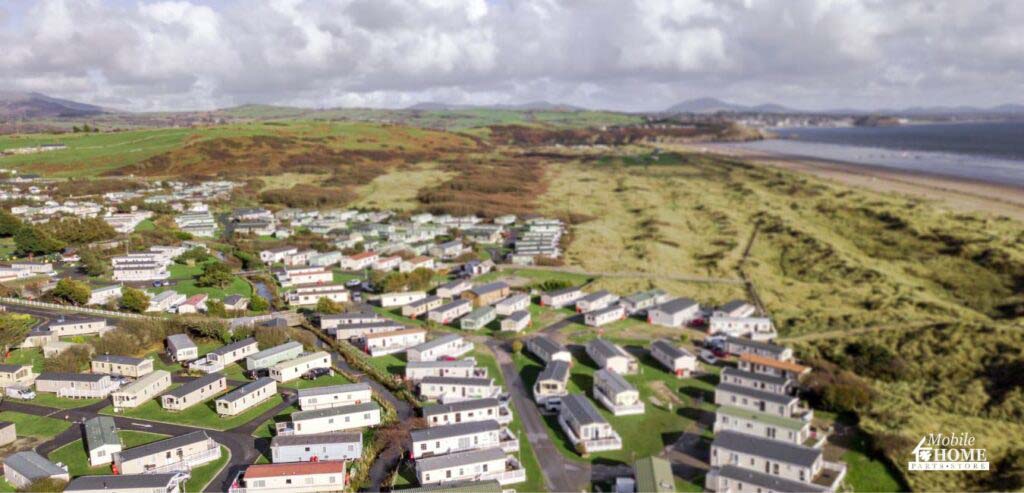 You may have heard different names used for your mobile home and homes like it over time. But what do these terms mean? These types of homes each have unique characteristics, from regulations and construction to design and expense. Whether planning a renovation project or mulling over buying one of these homes, it’s crucial to use the correct term to describe your house. So, let’s dive into the specifics of these distinctive housing types.
You may have heard different names used for your mobile home and homes like it over time. But what do these terms mean? These types of homes each have unique characteristics, from regulations and construction to design and expense. Whether planning a renovation project or mulling over buying one of these homes, it’s crucial to use the correct term to describe your house. So, let’s dive into the specifics of these distinctive housing types.
Mobile, Manufactured, and Modular Homes
Mobile, manufactured, and modular homes are all prefabricated housing built in factories and then transported to a desired location. However, there is a significant difference between them in terms of their regulations and the period in which they were built.
What is a Mobile Home?
A mobile home, also known as a trailer, is a pre-built structure on a fixed chassis that’s designed for easy transportation. These homes were first made to provide economical housing after World War II and earned the “mobile” title due to their ability to be moved around. However, today, many of these homes have transformed into more stationary structures, often staying in the same place for many years.
What is a Manufactured Home?
Manufactured homes are created within a factory setting before being transported in one or more segments to their ultimate location. Sound familiar? That’s because manufactured homes are the upgraded version of mobile homes.
In 1976, the U.S. Department of Housing and Urban Development (HUD) legally changed the term “mobile home” to “manufactured” and began to regulate the construction and durability of the homes.
What is a Modular Home?
Modular homes are yet another form of prefabricated housing, but they differ significantly from mobile and manufactured homes. Instead of being built as a single piece, modular homes are constructed in sections or modules in a factory setting. Each module is then transported to the site, where they’re assembled into a single structure on a permanent foundation.
Although modular homes are made within a factory setting, they more closely resemble site-built houses.
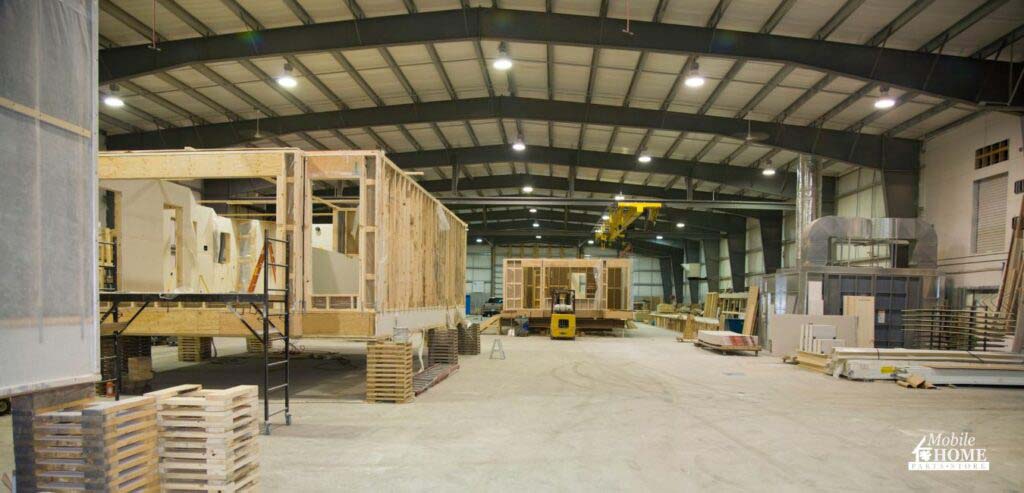 The Difference Between Mobile, Manufactured, and Modular Homes
The Difference Between Mobile, Manufactured, and Modular Homes
Each of these homes is built in factories and installed on-site. From there, the similarities in their construction, design, and expense start to fade.
Construction
Mobile and manufactured homes are constructed entirely off-site, then transported to their final location. They are built on a steel chassis with wheels, allowing them to be transported using a trailer. However, once settled, the wheels and axles are usually removed and skirting added to make it look like a site-built home.
Modular homes, however, are built in sections in a factory, then transported to the site. They are designed to be assembled and installed on a permanent foundation, resembling traditional site-built homes.
Construction Regulations
The key difference between mobile, manufactured, and modular homes lies in the regulations that govern their construction. Mobile homes constructed before the 1976 HUD Code have fewer regulations and are governed by the local jurisdiction’s laws.
On the other hand, manufactured homes are regulated by the HUD Code, which sets stringent safety and quality standards. This federal regulation supersedes local and state laws, ensuring consistent quality nationwide.
Modular homes are subject to local and state building codes, similar to traditional, site-built homes. These codes cover all aspects of home construction, including structural elements, plumbing, electrical systems, and fire safety. Each module or section of a modular home must meet these standards before it leaves the factory. Once on-site, they are again inspected, this time by a local building inspector.
Design
Mobile and manufactured homes tend to have a more standard, rectangular design as they must be delivered fully assembled on a trailer. They are often single-story and come in specific layouts.
Manufactured homes come in three standard sizes:
- Single-wide: roughly 500 to 1,100 square feet
- Double-wide: about 1,200 to 2,000 square feet
- Triple-wide: 2,000+ square feet
In terms of design, modular homes offer virtually limitless design possibilities. Because they are constructed in modules, the layout possibilities are almost endless. They can be single or multi-story and customized to fit the owner’s preference and space, similar to traditional site-built homes.
Expense
The cost comparison between modular and manufactured homes can be significant.
While a modular home might be more affordable than a traditionally built home, it’s often pricier than a manufactured or mobile home. Generally, mobile homes are the least expensive option due to their simpler construction, age, and design. On the other hand, manufactured homes cost slightly more but still offer an affordable housing solution.
Both types of homes, modular and manufactured, come with an additional expense: the land. For mobile or manufactured homeowners, renting the land where the house is placed might be available, whereas owners of modular homes must purchase the land they wish to build on.
A further expenditure related to modular homes is the foundation, which must be prepared before the arrival of the modules. On the other hand, manufactured homes secured to a permanent foundation on land owned by the homeowner are classified as real property rather than personal property.
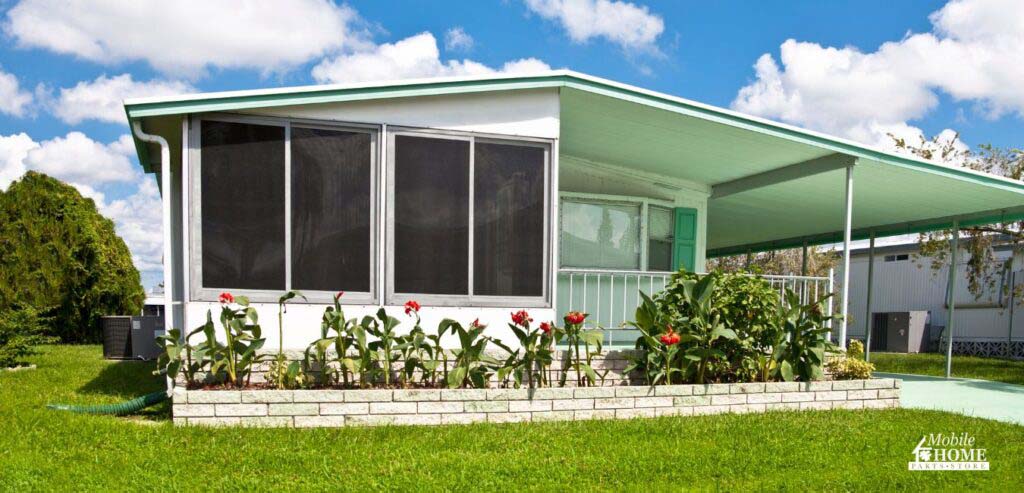
Mobile Home Parts Store for All Your Home Projects
Whether you own a mobile, manufactured, or modular home, the Mobile Home Parts Store can be your one-stop shop for all your home projects. From light fixtures to fittings, from windows to doors, we have the parts and supplies you need to maintain, repair, or upgrade your home. The Mobile Home Parts Store team is here with advice and assistance for various projects, making home improvement easy and more affordable.
Call us now! 1-888-277-7220
(Open on weekdays from 8:00 am-5:00 pm EST)
Tags: manufactured home, mobile home, mobile home community, Mobile Home Parts Store


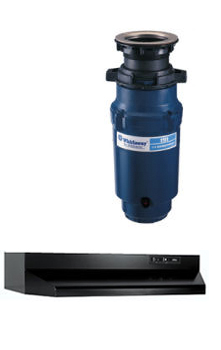
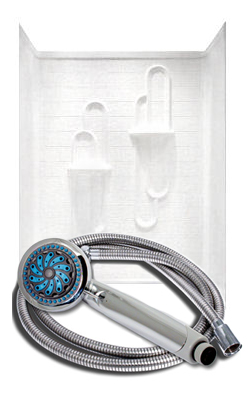
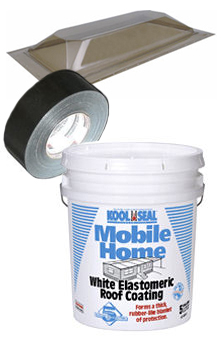
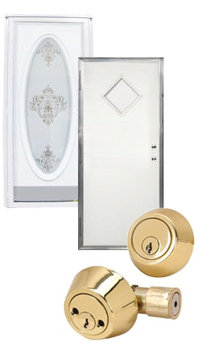
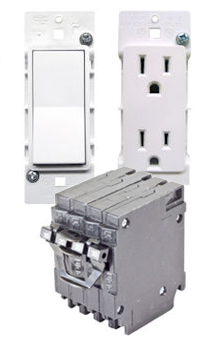
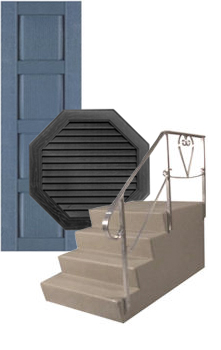
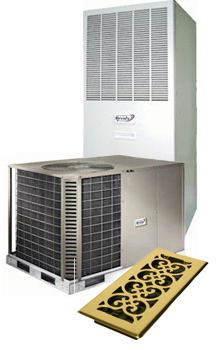
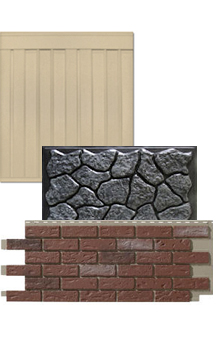
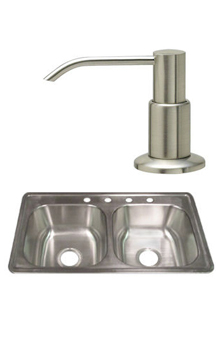
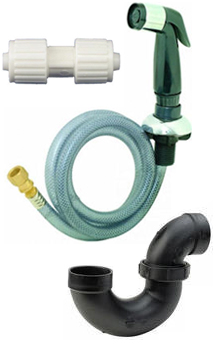
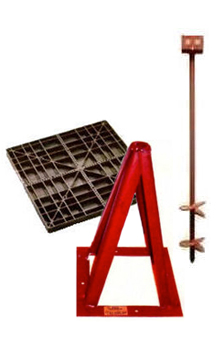
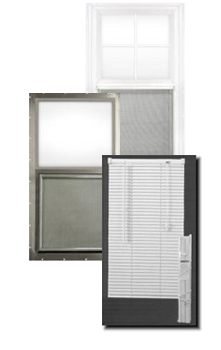
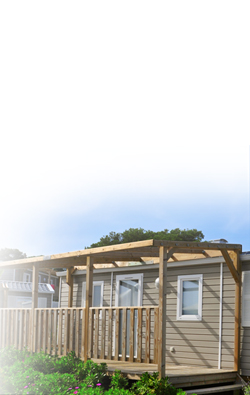
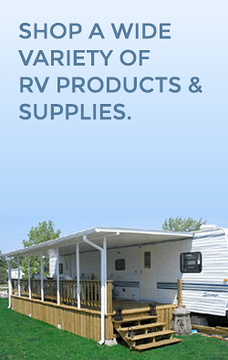


.jpg)
.jpg)

